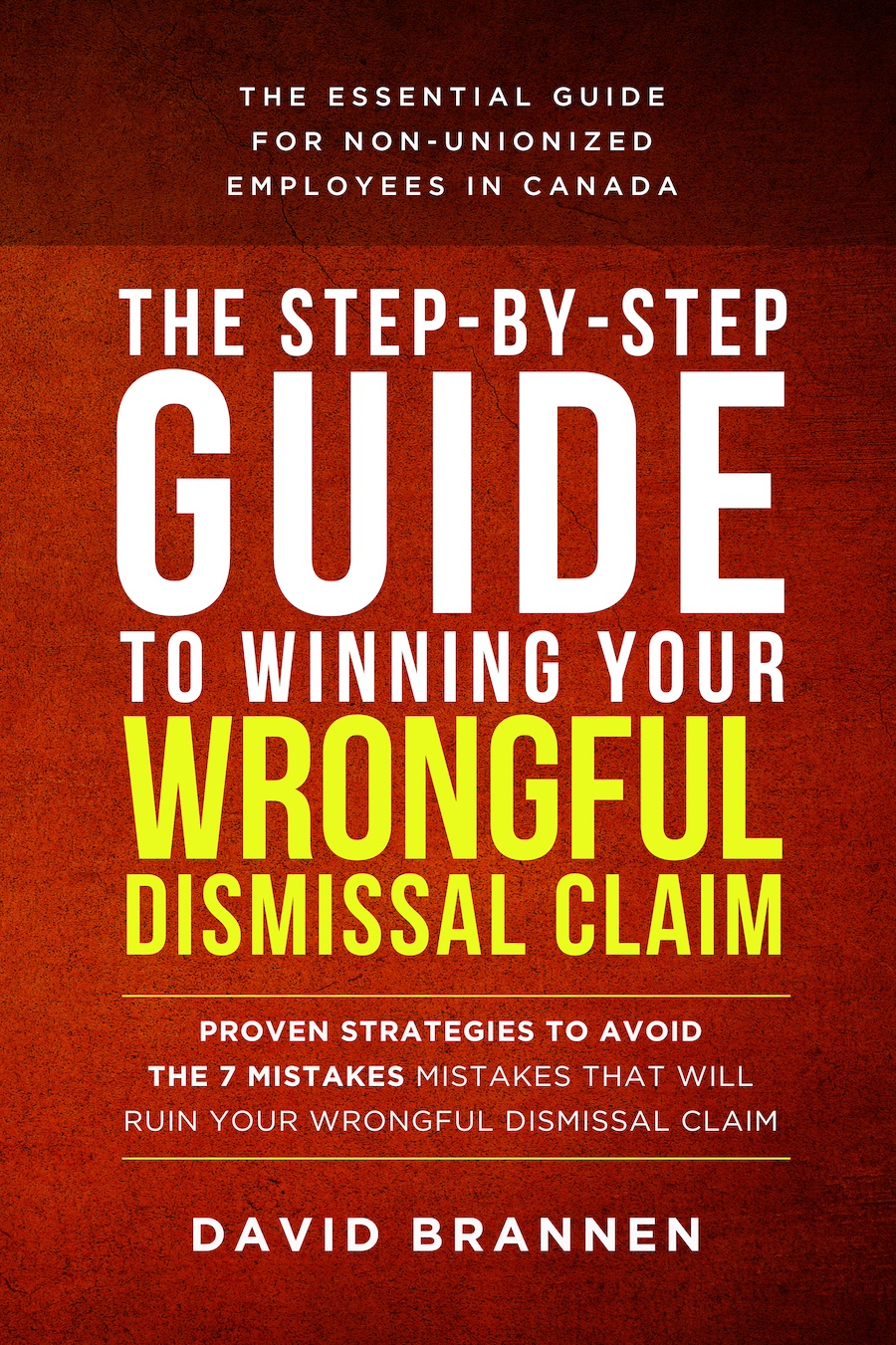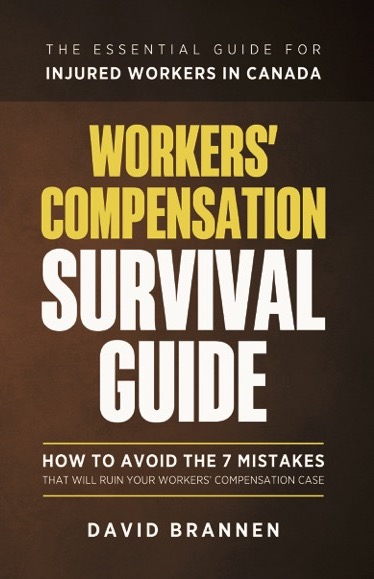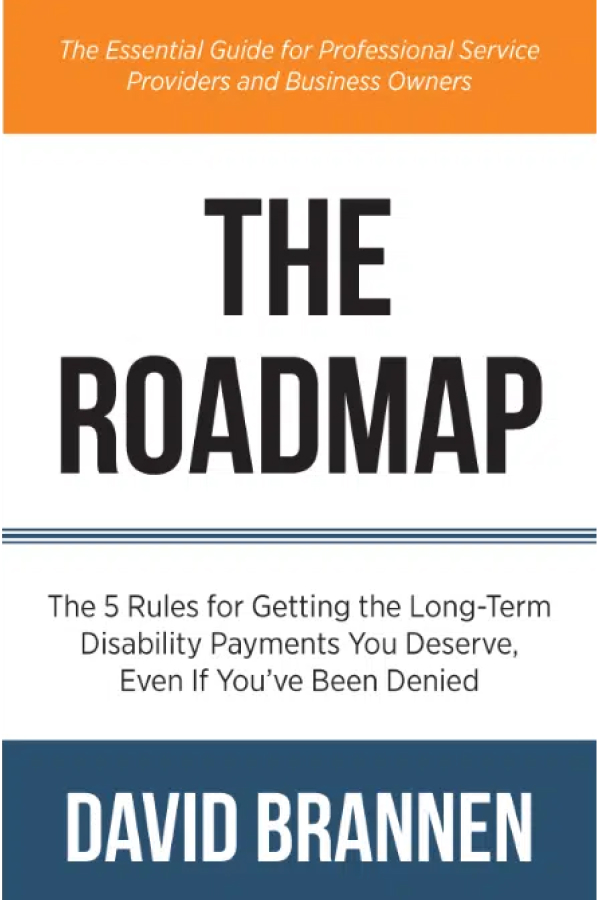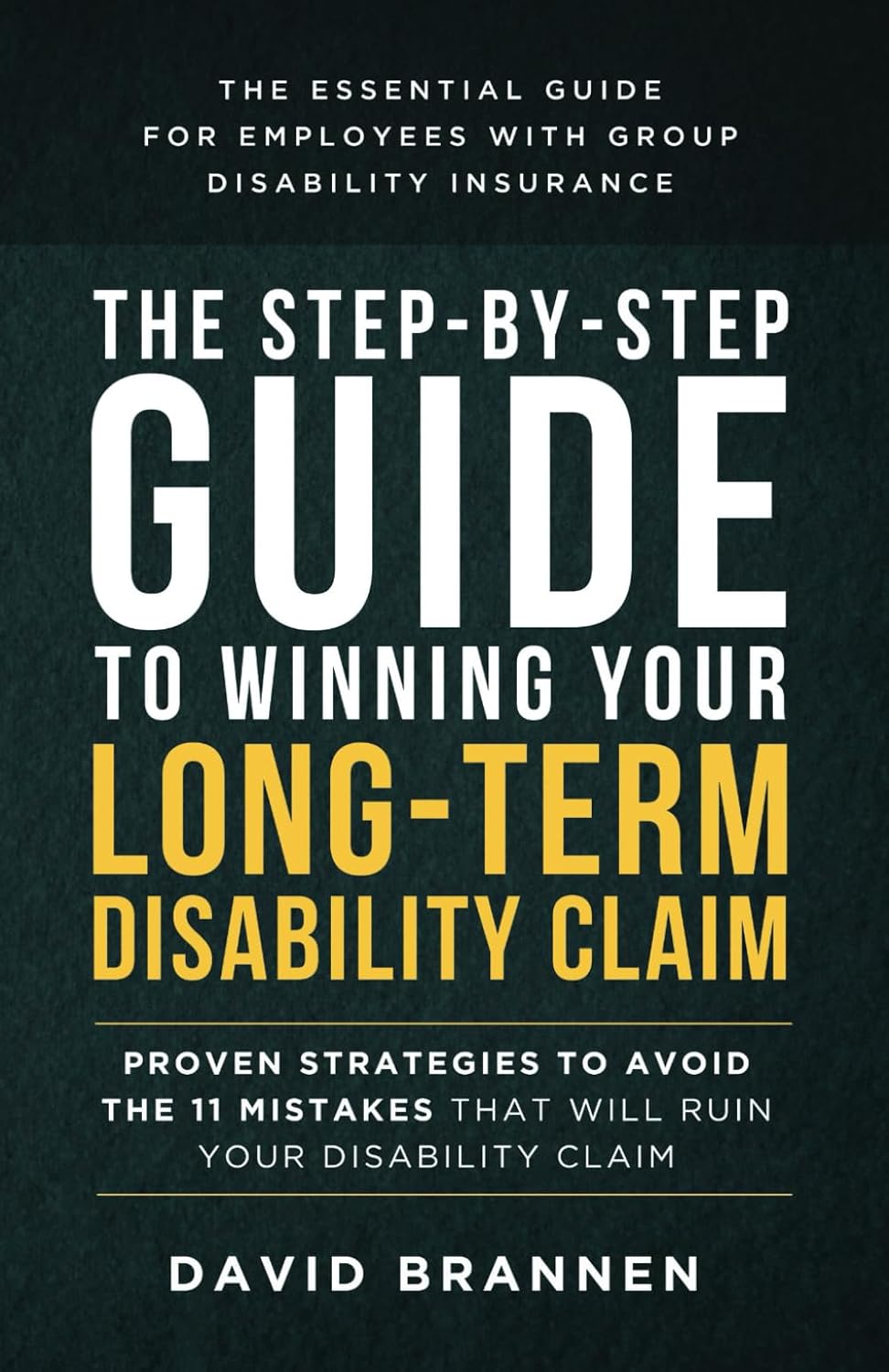-
Frustration of Contract Canada Guide: What to Do, Frustration Rules & More
Imagine this: you’ve worked hard for years, but an unexpected event like a severe illness or workplace disaster makes it impossible for…
Key Pages
Explore our key links for quick access to helpful tools and resources, including online calculators, guides, books, YouTube videos, forums, and more. Everything you need in one place!
- Show All
- Disability Benefits
- Medical Conditions
- Long-term Disability
- CPP Disability
- Employment
- Hiring a Lawyer
- Short-term Disability
- Insurance Companies
- Books
- Occupations
- Case Study
- News Releases
- Workers Compensation
- Disability Tax Credit
- Constructive Dismissal
- Provincial Disability Benefits
- EI Sickness
- Wrongful Dismissal
- Frustration of Contract
- Veterans Disability
- Workplace Human Rights
- Issues
- Severance Pay
- Workplace Harassment
- Termination With Cause
- Termination Without Cause
-
Coming Soon: The Step-By-Step Guide to Winning Your Wrongful Dismissal Claim
View ResourceAre you overwhelmed by the thought of navigating a wrongful dismissal case?
-
Workers’ Compensation Survival Guide
View ResourceI wrote this book for people who need to apply for workers’ compensation benefits in Canada. Whether you are thinking…
-
The Roadmap
View ResourceThis book is for professional services providers who need to file a claim for long-term disability benefits. Many professionals delay…
-
The Step-By-Step Guide to Winning Your Long-Term Disability Claim
View ResourceWas your short- or long-term disability claim denied? Do you need to apply? Download your FREE Copy of The Step-By-Step…
-
A Beginner’s Guide to CPP Disability
View ResourceWas your CPP disability claim denied? Do you need to apply? Download your FREE Copy of The Beginner’s Guide to…
-
Frustration of Contract Canada Guide: What to Do, Frustration Rules & More
View ResourceImagine this: you’ve worked hard for years, but an unexpected event like a severe illness or workplace disaster makes it…
-
ADHD Disability Benefits: The Ultimate Guide for 2025
View ResourceWe wrote ADHD Disability Benefits: The Ultimate Guide for 2025 for adults in Canada who need to win or maintain disability…
-
Sun Life Long Term Disability: Online Guide for 2025
View ResourceIn this article, we discuss everything you need to know about Sun Life long term disability benefits. That includes a…
-
Full and Final Release After Termination: Your Ultimate Guide for 2025
View ResourceBeing presented with a Full and Final Release is a pivotal moment for any employee facing termination. This legal document…
-
CPP Disability Payments 2025: Dates, Eligibility, Amounts & More
View ResourceCPP disability is an income replacement benefit program run by Service Canada. It pays monthly benefits to eligible people. To…
-
Constructive Dismissal Canada: What You Need to Know
View ResourceImagine waking up every morning dreading the thought of going to work. Your job, once a source of pride and…
-
What Is an Independent Medical Examination | How to Beat IME
View ResourceIf you have an open long-term disability claim with an insurance company, there will likely come a time when they…

Ready to Take the Next Step? We’re Here to Help
Whether you’re dealing with a denied disability claim, workplace issue, or wrongful dismissal, our experienced legal team is here to help you understand your rights and take action. Book a free consultation today and get a clear plan for moving forward — with no obligation and no upfront fees.
Can Resolute provide an employment lawyer near me?
Employment Lawyers Toronto
Employment Lawyers Ottawa
Employment Lawyers Moncton











